is there any way that input values (integers in my case) effect the memory address of registers? I have a problem where I need two addresses to be equivalent, but I cannot figure out how my input influences the addresses, if at all. I am reverse engineering some assembly code.
%rbx = 0x7fffffffe1c0
%rbp = 0x7fffffffe1d0
add $0x4, %rbx ===> makes %rbx 0x7fffffffe1c4
cmp %rbp, %rbx ===> need ZF to be set, it isn't
je 0x400f53 <out_of_danger>
Both values are pushed to stack at start of function, and %rsp is involved in a lea instruction. Input that works is 0 1 1 1 1 _ (unsure about 6th number)
